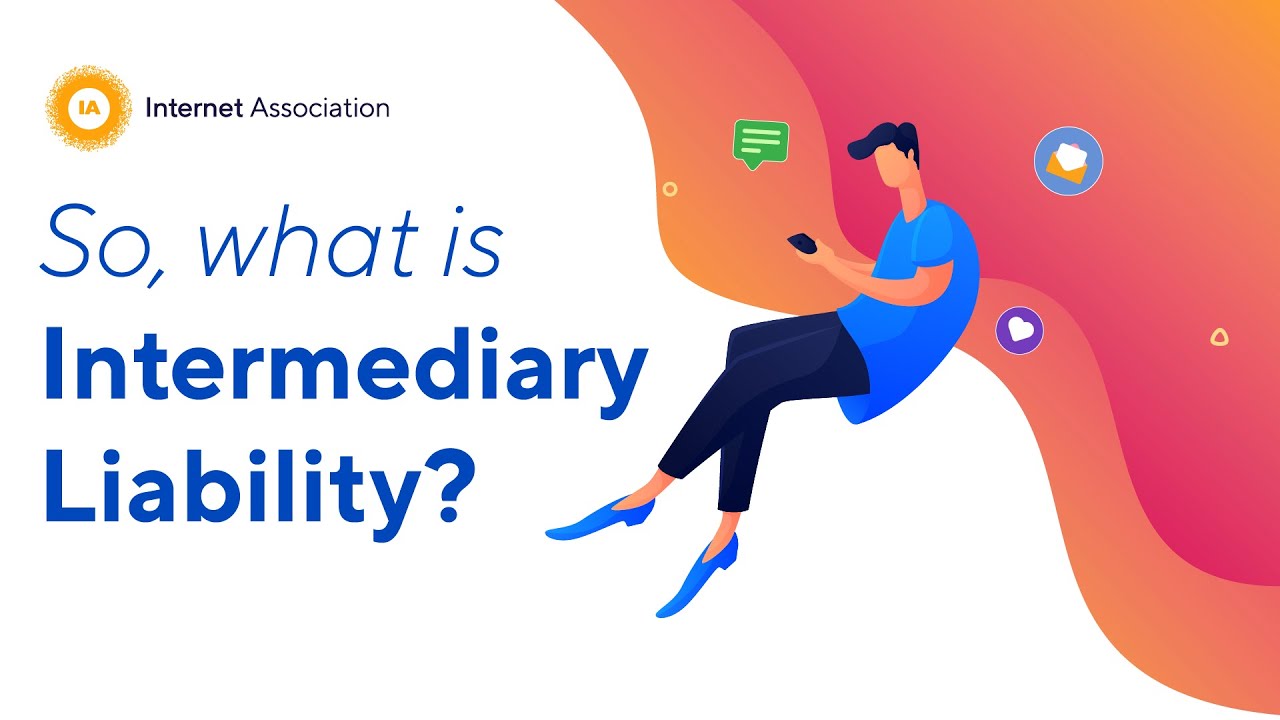
Image Source- Google
On 27th November, 2004, an MMS video, obscene in nature, was listed for sale on the website, bazeee.com. After a complaint was lodged, the item was removed from listing, but on 29th of November, 2004, two days after the listing of the item. In the duration of these two days, sales of the item had taken place. The Crime Branch of Delhi launched an investigation and held Avnish Bajaj, Managing Director of the website, and Sharat Babu Digumarti, the Manager of the website responsible for the obscene content.
The accused were slapped with charges under Section 292 and Section 294 from the Indian Penal Code, 1860, and Section 67 from the Information Technology Act, 2000. While the tenets of Section 292 of the IPC and section 67 of the IT Act cover similar crimes i.e. dissemination of obscene material, but while Section 292 deals with such circulation through the means of print media like drawings, writings and pamphlets, Section 67 does so through electronic media like websites.
Avnish Bajaj under Section 482 of the Criminal Procedure Code, 1973, petitioned the Court to annul his criminal prosecution for the offences of making obscene product available for sale, and causing such product to be published within the meaning of Section 292 of the IPC and Section 67 of the IT Act. The case ( Avnish Bajaj vs State ) was heard by the Delhi High Court and it was observed that-
1. There was a prima facie case against the website under sub certain subsections of Section 292, both in respect of the video and the listing.
2. Due to the non-recognition of automatic liability attached to a director of a company where the company stands accused under the Indian Penal Code, the chargesheet seeks to implicate the petitioner as the MD of the website and not in his individual capacity.
3. Thus, the petitioner was discharged of the charges under Sections 292 and 294.
4. But, a prima facie case was made against Avnish Bajaj under Section 67 of the IT Act as read with Section 85 of the IT Act which recognised the deemed criminal liability of directors even though the company wasn’t arraigned as an accused.
The Supreme Court in 2012 overturned this judgement, holding that Avnish Bajaj wasn’t vicariously liable for the Company’s actions and he couldn’t be implicated under the provisions of the IT Act for the company wasn’t arraigned as an accused in the case. Following this case, amendments in Section 79 of the IT Act were brought about to provide immunity to intermediaries in connection with content made available from third parties.
Sharat Digumarti filed a petition before the trial court to quash the criminal proceedings against him. While discharged for offences under Section 294 of the IPC, and Section 67 of the IT Act, 2000, the charges under Section 292 of the IPC remained applicable to Sharat Digumarti. The Delhi High Court also upheld the trial court’s order and the charges of liability would stick to Sharat in his individual capacity. Sharat Digumarti appealed against this decision in the Supreme Court ( Sharat Babu Digumarti vs Govt. of NCT, Delhi )
Before the Supreme Court, Sharat’s lawyers argued that while discharged under Section 67, Sharat could not be charged under Section 292 for when it came to the present case, Section 67 was a special provision and would override Section 292. Even if the charges stuck, Section 79 of the IT Act would protect Sharat. He banked on Section 81 of the IT Act, 2000, for this argument. Citing the landmark case of Shreya Singhal vs Union of India , in which Supreme Court had read down Section 79 to hold that an intermediary would have to receive actual knowledge by
means of a court order or a notification from the Government prior to taking down offensive content on the internet.
The State in turn argued that publishing of obscene material under Section 67 of the IT Act and sale of obscene material under Section 292 of IPC were two distinct matters. There was no provision or rule to bar the charging of the petitioner under Section 292 of the IPC and Section 67 of the IT Act. Also, due to the above words “publishing of obscene material” and “sale of obscene material” being two distinct matters, Sharat as an intermediary was a vital part of the sale of obscene material through the website.
After hearing both the sides, the Supreme Court observed that the MMS video was undoubtedly an electronic record under the IT Act. After thoroughly studying the nomenclature of certain provisions of the IT Act, it observed that Section 67 read with 67A and 67B clearly outlined the punishment for publishing and transmitting obscene material in electronic form. Hence, the overriding provisions of the IT Act would prevail. Section 79 of the IT Act was an exemption provision and could not be ignored.
The provisions of the IT Act would have to be applied due to the obscene material having been disseminated in electronic form.
Any offence related to obscenity in electronic records would be dealt with under the provisions of the Information Technology Act, 2000.
Electronic forms of transmission were covered under the provisions of the IT Act, which was a special law and if the accused was acquitted under its relevant provisions, then charging him under provisions of the IPC for the same offence could not be carried out. It can be said that it would become a case of double jeopardy.
Hence, the Delhi High Court had erred in allowing the proceedings under Section 292 of the IPC against Sharat to move forward despite him being discharged under Section 67 of the IT Act.
Article By- Vignesh Ganesh
Editing By- Jasleen Kaur
Very well analysed!
Very knowledgeable article and informative one
Like!! I blog frequently and I really thank you for your content. The article has truly peaked my interest.